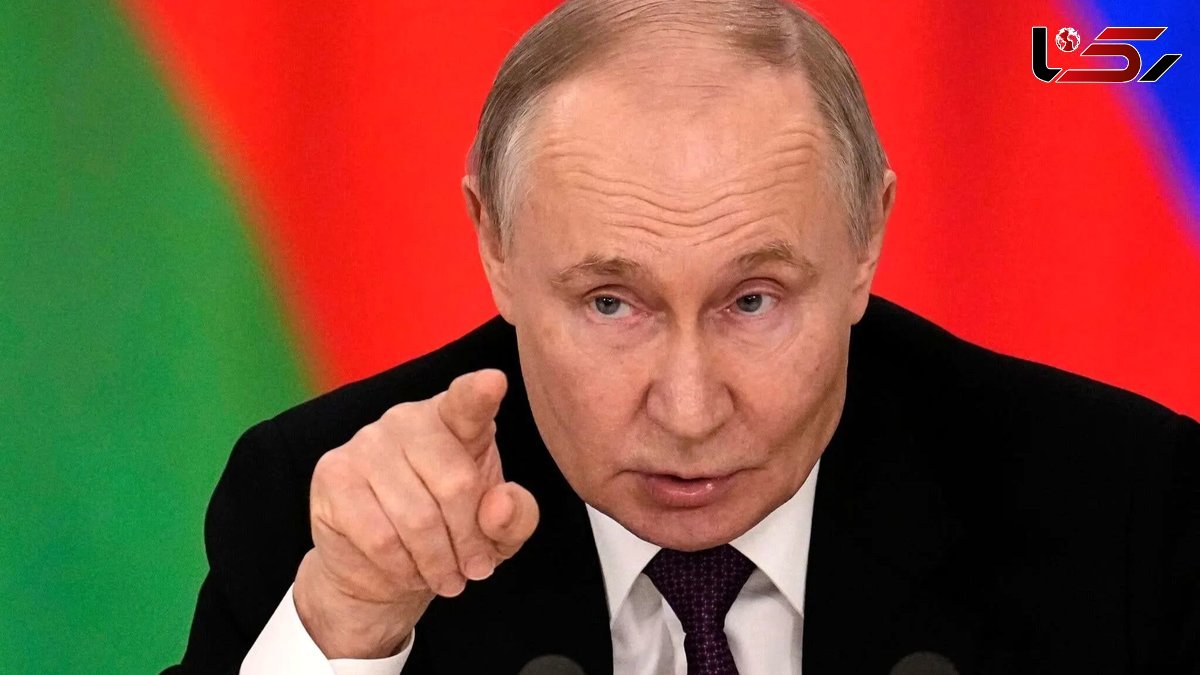Putin’s Claim on Israeli Intentions: Can It Be Trusted?
Rokna Political Desk: Russian President Vladimir Putin recently stated that he had received messages from Israeli leaders indicating that Tel Aviv does not seek a new conflict. Analysts suggest that this statement can be analyzed in light of several factors, including the recent ceasefire agreement with Hamas.

According to Rokna, Putin remarked following the ceasefire in Gaza:
“We have received this message from Israeli leaders to convey to our Iranian friends that Tel Aviv is not seeking a new conflict.”
Assuming the message is accurate—both that Israeli officials indeed communicated this to Putin and that he faithfully conveyed it—there appear to be at least four major reasons why Israel is avoiding renewed military action:
-
Strategic Limitations: Israel’s inability to achieve its maximalist objectives, which partly led it to negotiate with Hamas without attempting its complete elimination.
-
International Isolation: Growing global pressure and criticism have left Israel diplomatically isolated.
-
Domestic Strain: Economic, psychological, and social instability within Israel, highlighted in local media, poses significant challenges.
-
Fear of Iranian Retaliation: Israel is wary that any new military action could provoke a response from Iran far stronger than previous engagements, inflicting long-term costs.
In this context, returning to war would mean facing these four “hellish” conditions again. If Putin’s statement reflects Israel’s genuine stance, there is no need to speculate beyond these established factors.
Evidence supporting this assessment is substantial:
-
Ceasefire Agreement: Israel, historically focused on eliminating Hamas and reshaping the Palestinian territories, has now negotiated with the same Hamas organization and accepted partial adjustments to U.S.- and Arab-proposed peace plans.
-
Global Opposition: International pushback against Israel is evident, with even former U.S. President Trump noting tensions with NATO countries like Spain, which blocked military and civilian support to Israel. Domestic public sentiment in the U.S. has also shifted from sympathy for Israel in 2023 to sympathy for Palestine in 2025, according to CNN.
-
Internal Challenges: Reports from left-leaning Israeli media and semi-independent international organizations highlight deep economic, moral, and psychological crises within Israeli society, including growing despair in the military and rising suicide and bankruptcy rates, partially attributed to global sanctions.
-
Iran Factor: Even Israel’s most hawkish analysts acknowledge that Israel’s objective of toppling Iran has failed, while Iran has effectively rebuilt its capabilities and prepared for potential future confrontations.
Based on these evidence-based analyses—without adding unnecessary conjecture—it is possible to understand the rationale behind Israel’s temporary restraint from renewed conflict, extending beyond what one might typically expect from a militarized and aggressive regime.
Send Comments